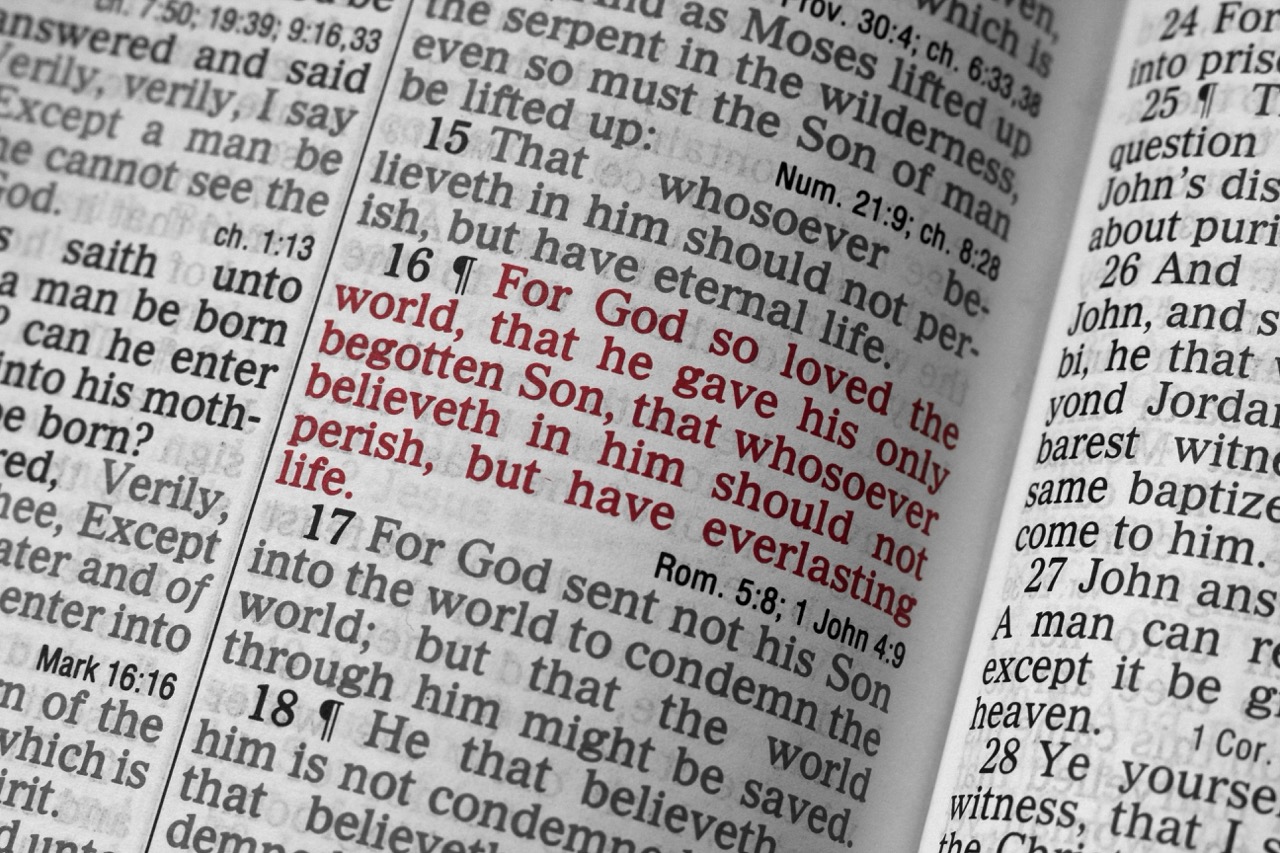The Book of Genesis: A Foundation of Faith

The Book of Genesis, the first book of the Hebrew Bible and the Christian Old Testament, serves as a cornerstone for both Judaism and Christianity. Its narratives, rich in symbolism and profound lessons, lay the groundwork for understanding the nature of God, humanity, and creation. Genesis has influenced countless theological perspectives and cultural narratives over the centuries, establishing a framework through which believers engage with their faith. This article explores the significance of Genesis, the key themes and narratives that shape belief systems, its historical context, and the theological insights it offers to modern readers.
Understanding the Significance of the Book of Genesis
The Book of Genesis is an essential text in the Judeo-Christian tradition, encapsulating the beginnings of the world, humanity, and the covenantal relationship between God and His creation. It introduces readers to foundational stories such as Creation, the Fall, the Flood, and the patriarchs Abraham, Isaac, Jacob, and Joseph. Each of these narratives not only articulates the origin of Israel’s identity but also underscores the profound theological truths about God’s nature and human existence.
Genesis serves as a theological prologue that sets the stage for the entire biblical narrative. The creation account reveals a God who is sovereign, purposeful, and intimately involved in His creation. The account of humanity’s disobedience highlights the complexity of free will and the consequences of sin, while the stories of the patriarchs exemplify faithfulness, divine promise, and redemption. These elements together affirm the importance of Genesis as a comprehensive introduction to the broader biblical message.
Moreover, Genesis has transcended its ancient context, remaining relevant in contemporary discussions about identity, morality, and the human condition. It invites readers to reflect on fundamental questions: What does it mean to be human? What is our relationship with the divine? How do we understand good and evil? These timeless inquiries make the Book of Genesis a vital text for anyone seeking a deeper understanding of faith and existence.
Key Themes and Narratives that Shape Belief Systems
One of the most prominent themes found in the Book of Genesis is the concept of covenant, which establishes a framework for the relationship between God and humanity. The covenants with Noah and Abraham serve as pivotal moments that illustrate God’s commitment to His creation and the unfolding plan for redemption. The Abrahamic covenant, in particular, emphasizes faith, obedience, and the promise of land and descendants, which forms the basis for Israel’s identity and purpose.
Another significant narrative is the Creation account, which speaks to the inherent goodness of the world and the intentionality behind its design. Genesis 1 and 2 articulate a vision of a created order that is harmonious and purposeful, asserting that humanity is made in the image of God. This concept not only elevates human dignity but also establishes a responsibility towards stewardship of creation, influencing ethical discussions within both religious and secular contexts.
Furthermore, the theme of struggle and redemption is prevalent throughout Genesis. The stories of Jacob wrestling with the angel and Joseph’s trials in Egypt highlight the complexities of faith and the often turbulent journey towards fulfilling God’s purposes. These narratives encourage believers to embrace the struggles of life as avenues for growth, transformation, and deeper reliance on divine grace, establishing a narrative of perseverance that resonates through the ages.
Genesis: Historical Context and Its Influence on Faith
Understanding the historical context of Genesis is crucial for grasping its theological implications. Traditionally attributed to Moses and written during the Israelite’s wilderness period, Genesis reflects the concerns and experiences of an emerging nation wrestling with its identity in relation to surrounding cultures. The creation stories, for instance, can be seen as responses to Babylonian myths, reaffirming monotheism and the sovereignty of the God of Israel over all creation.
The ancient Near Eastern backdrop provides insight into the cultural and religious practices that influenced the writers of Genesis. By contrasting Israel’s understanding of God with the polytheistic beliefs of neighboring civilizations, Genesis establishes a unique theological identity for the Israelites. The narratives within Genesis function as both historical accounts and theological reflections, portraying God’s ongoing relationship with His people amid a complex cultural landscape.
Furthermore, the influence of Genesis extends beyond its historical context, shaping the foundational beliefs of Judaism and Christianity. Themes of creation, sin, and redemption have permeated theological discourse, liturgy, and moral teaching throughout history. The impact of Genesis can be seen in the way it has been interpreted across generations, inviting both traditional and contemporary understandings that continue to inspire faith and spirituality today.
Theological Insights from Genesis for Modern Readers
For modern readers, the Book of Genesis offers profound theological insights that remain relevant in a rapidly changing world. The themes of creation and stewardship resonate strongly in contemporary discussions about environmental ethics and the responsibility of humanity to care for the planet. The creation narrative invites believers to reflect on their role as caretakers of God’s creation, emphasizing the interconnectedness of all life and the moral imperative to protect it.
Additionally, the concept of covenant in Genesis serves as a reminder of the relational nature of faith. It emphasizes that God desires a personal relationship with humanity, marked by trust, commitment, and mutual responsibility. This perspective encourages modern believers to seek authentic connections with God and one another, fostering a sense of community and belonging within their faith journeys.
Finally, the stories of struggle and redemption found in Genesis speak to the universal human experience of suffering and the search for meaning. They remind modern readers that faith is often accompanied by trials, yet it is through these challenges that individuals can discover resilience and find hope. Genesis, therefore, not only provides a historical foundation for faith but also serves as a source of encouragement and inspiration for navigating the complexities of contemporary life.
In conclusion, the Book of Genesis stands as a foundational text that transcends its ancient origins to speak to the fundamental questions of existence, identity, and faith. Its themes of creation, covenant, struggle, and redemption continue to shape belief systems and influence the theological discourse across cultures and generations. By engaging with Genesis, modern readers can uncover insights that enrich their understanding of God, humanity, and the world, fostering a deeper connection to the sacred narratives that inform their faith.




